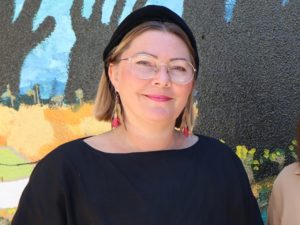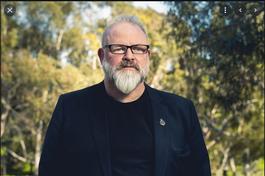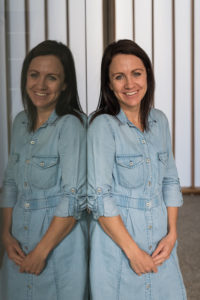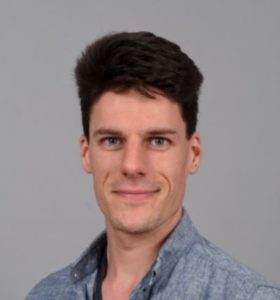
Dr Nina Sivertsen has joined leading international researchers and artists to pen a new book, while other successes include Flinders experts lending their voices to a Royal Commission and NATO, and an international award for a Flinders sleep expert.
Imagining Indigenous futures around the globe

Senior Lecturer with the College of Nursing and Health Sciences Dr Nina Sivertsen is part of a group of 22 leading international researchers and artists who are imagining the futures of Indigenous groups around the world in a new book commissioned to mark the 10-year anniversary of the United Nations Declaration on the Rights of Indigenous Peoples (UNDRIP).
The book – Decolonizing Futures: Collaborations for New Indigenous Horizons – has the authors employing an assemblage of local knowledge to imagine Indigenous futures. Their evaluation of UNDRIP is not limited to the boundaries from which the Declaration was formulated (state legal systems or international law) but also considers broader Indigenous and de-colonial perspectives.
In response to calls for multi-vocality and for the examination of futures from a range of perspectives, this book features chapters from both academic and artistic contributors hoping to build new pathways towards decolonizing Indigenous futures through a range of areas.
Flinders at the forefront of new Royal Commission project and UNESCO research

Associate Professor Ben Wadham has been invited to be the Australian representative on a Northern Atlantic Treaty Alliance (NATO) research task group considering domestic radicalisation prevention and intervention practices of NATO members as applied to service members and veterans.

Initially restricted to NATO member counties, affiliated countries such as Australia are now able to participate in research task groups, with only two other Australian researchers so far invited to join in the past seven years. The project will continue for about 18 months and requires travel to Paris, France, in early June for one week to attend the initial project meeting.
In another project, Associate Professor Wadham and Professor Emma Thomas, together with colleagues from the University of Adelaide and University of New South Wales, have been awarded $153,834 for the “Mapping Service and Transition to Self-harm and Suicidality” project for the Defence and Veteran Suicide Royal Commission.
The project draws upon 95 existing interviews on institutional abuse and veteran suicides and will conduct another 37 interviews with veterans who have attempted suicide and veterans in correctional facilities.
The sociological autopsy methodology is used to map the life course of the veteran and detail their challenges with the ADF medical and justice systems. Software Receptiviti will also be used to computerise natural language processing to look at how patterns of language use are related in the interview data.
Sleep expert wins international award

Adelaide Institute for Sleep Health researcher Dr Alexander Sweetman has been awarded the Elio Lugaresi Award for Sleep Medicine at the World Sleep Society conference in Rome, Italy. The award was established in honour of Dr Lugaresi’s contributions to establish the field of sleep medicine, its journal and its Society.
Dr Sweetman won this award for his paper Do symptoms of depression, anxiety or stress impair the effectiveness of cognitive behavioural therapy for insomnia? A chart-review of 455 patients with chronic insomnia, which was published in Sleep Medicine.
Together with fellow Flinders University colleagues, Dr Sweetman found that symptoms of depression, anxiety and stress did not impair the effectiveness of CBTi. Instead, CBTi was associated with moderate-to-large improvement of insomnia and depression, anxiety and stress symptoms.

